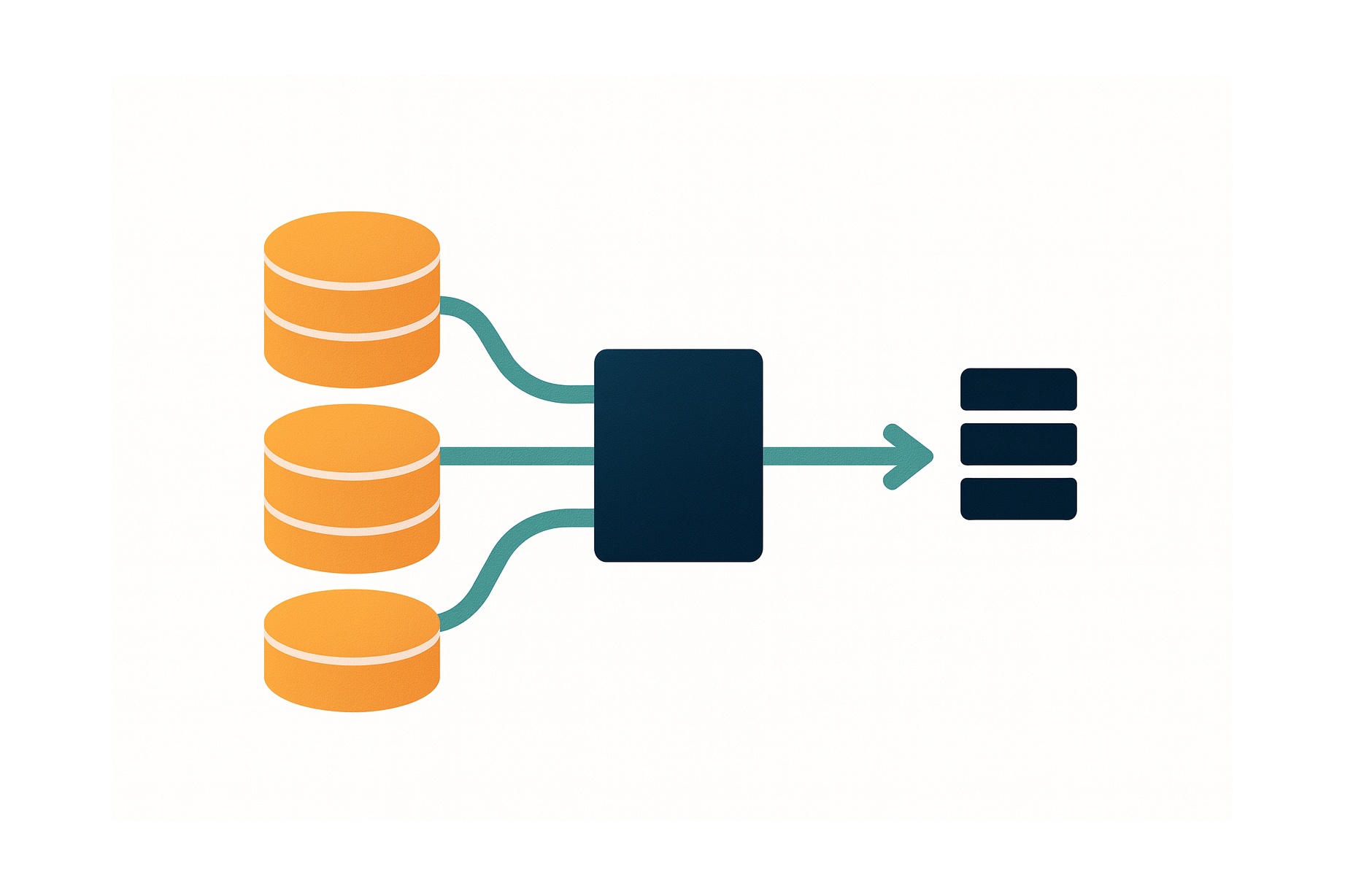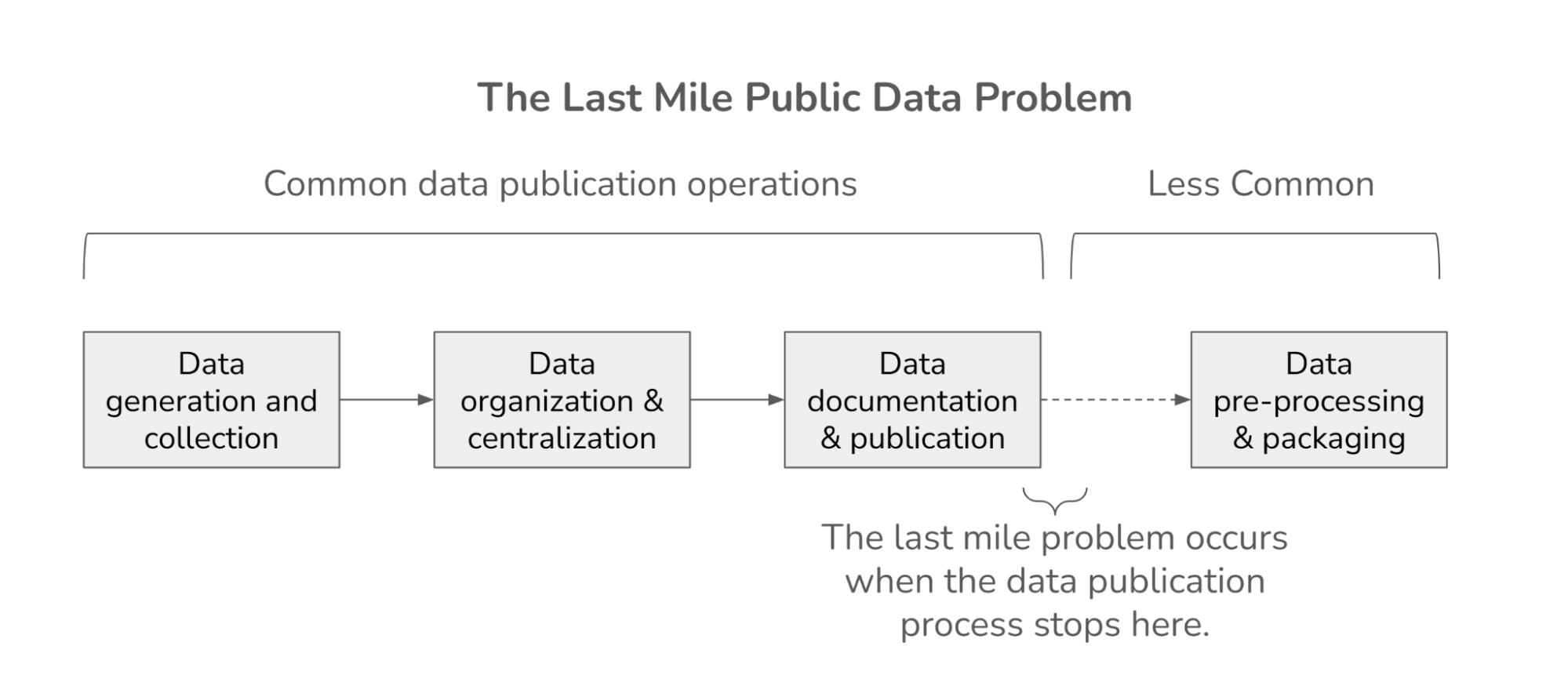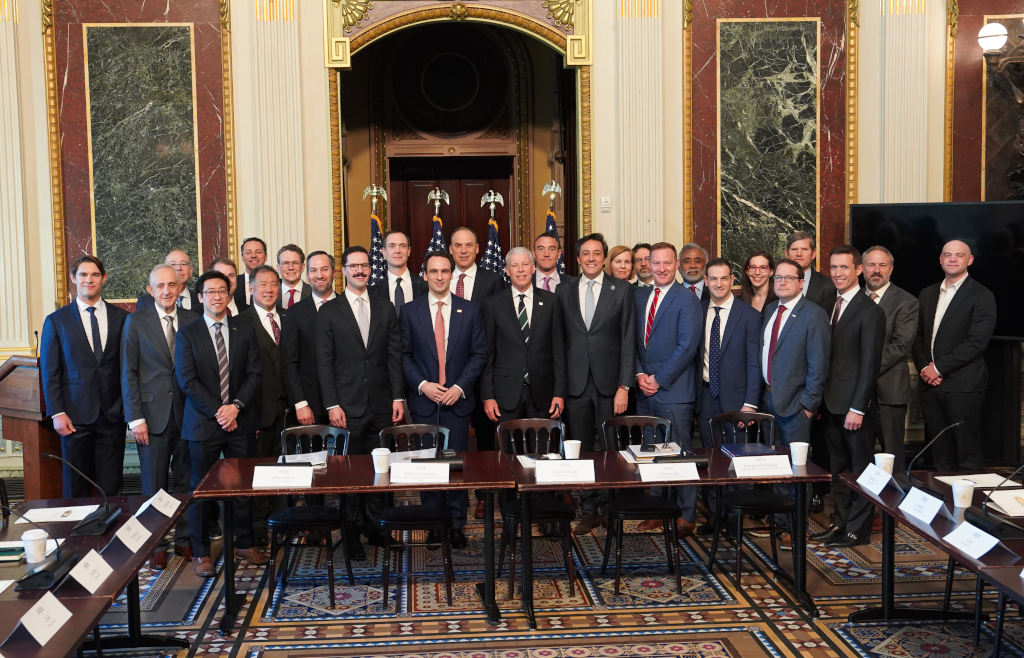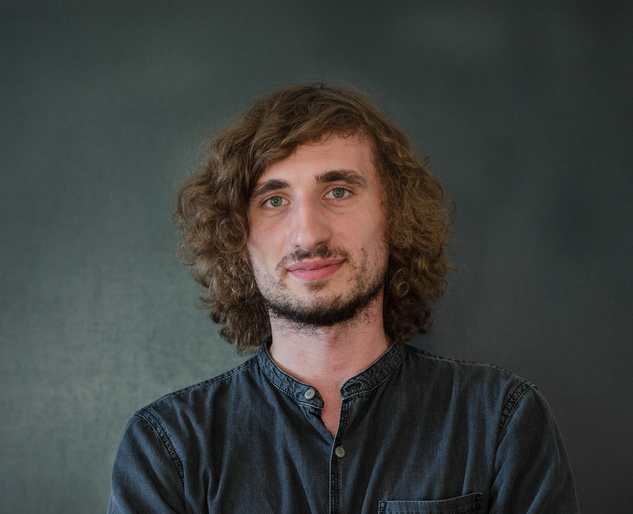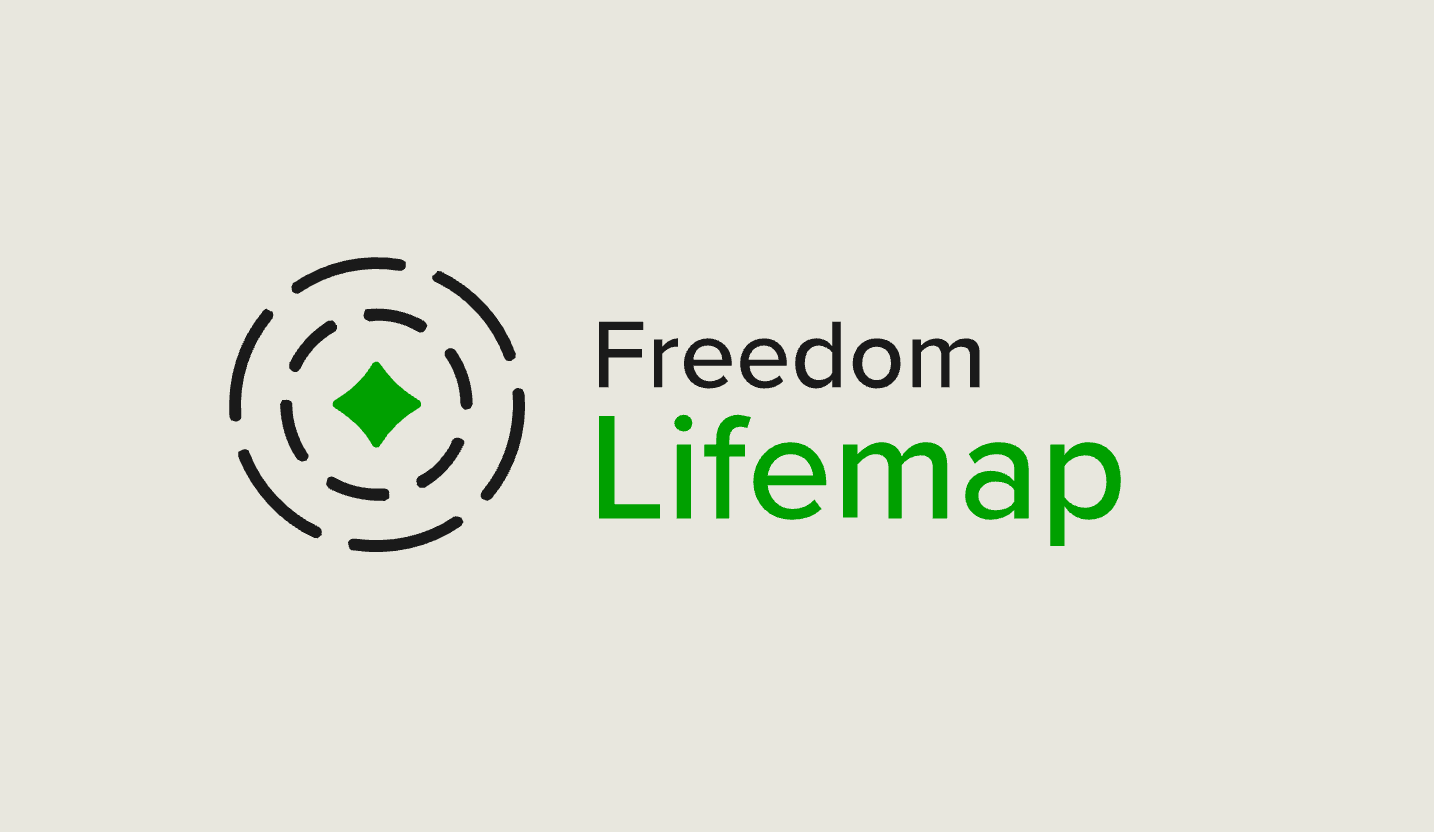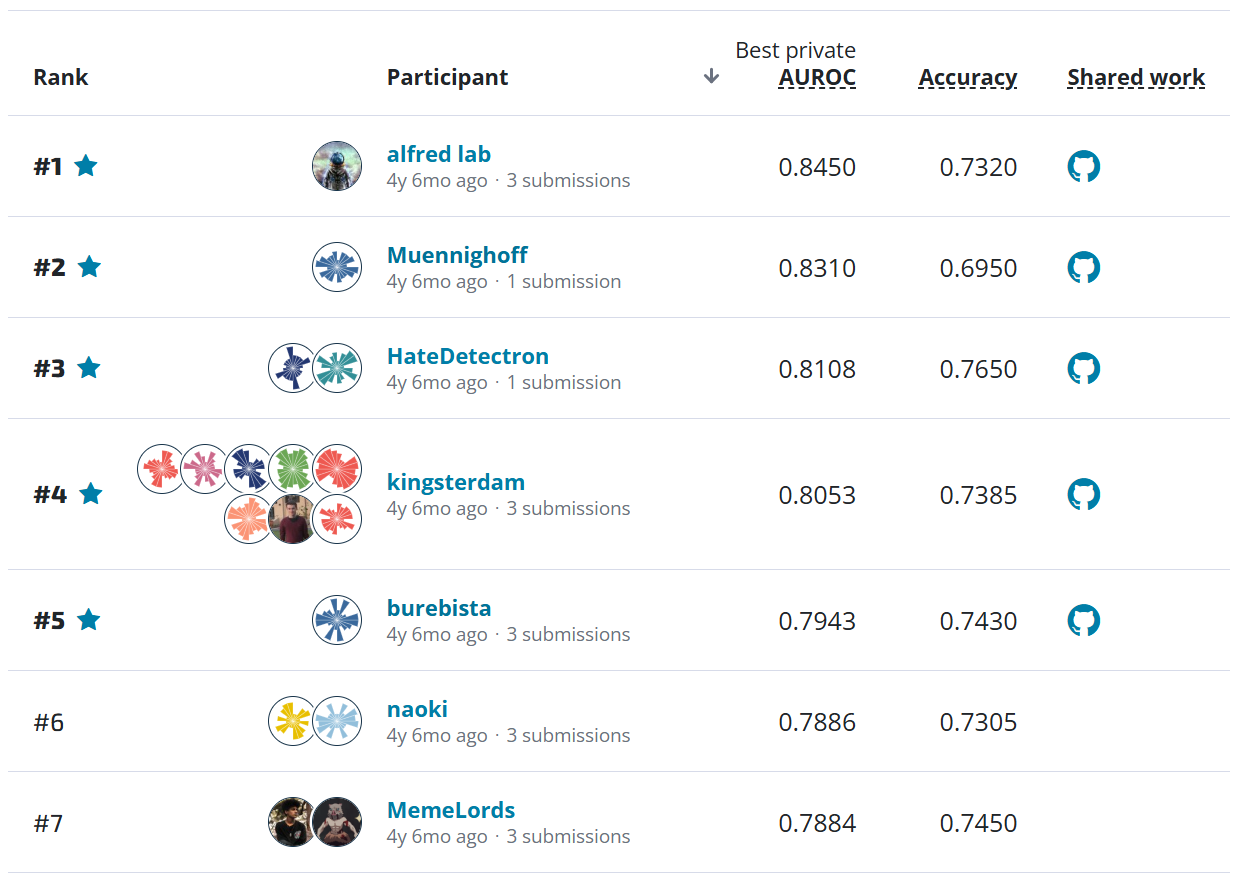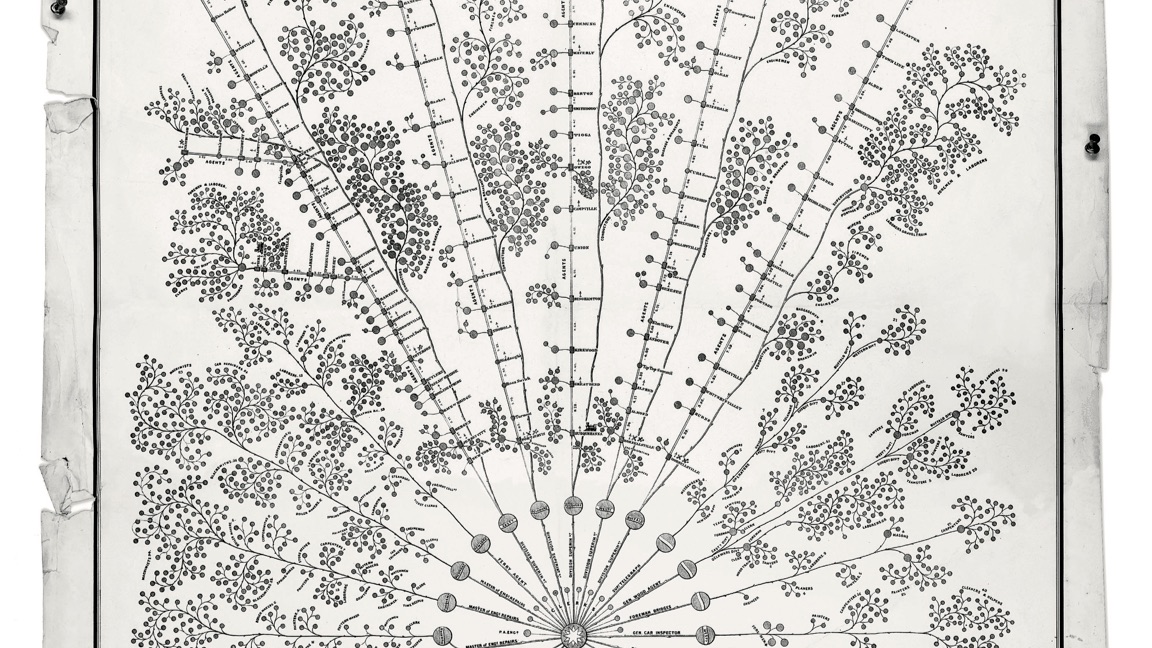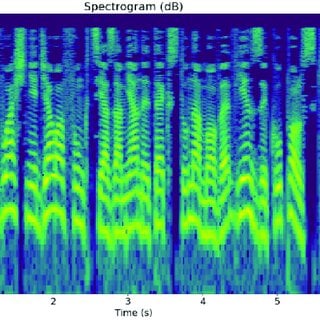This week, we had an e-chat to learn more about prolific Concept to Clinic challenge contributor Willi Gierke (@WGierke).
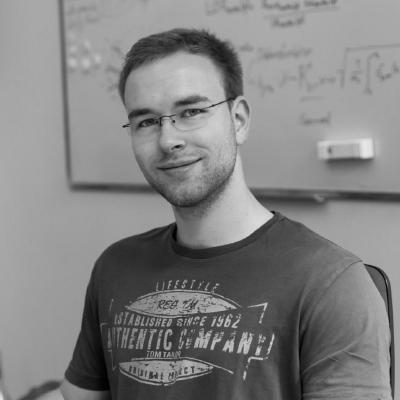
Hi Willi, who are you and what do you do professionally?¶
I'm a student studying IT-Systems Engineering at Hasso Plattner Institute in Potsdam, Germany. Currently, I'm entering my second Master's semester. I fell in love with data science during my bachelor thesis when I figured out how relatively simple it is to achieve artificial intelligence using basic math.
What got you interested in this Concept to Clinic project?¶
During the last semester, I attended a seminar about brain tumor segmentation using Generative Adversarial Networks. I was amazed by this kind of challenge since this has a big potential to actually help people. In my opinion, medical image segmentation clearly deviates from regular image segmentation since your target can be extremely small in comparison to your total image - you are literally searching for the needle in the haystack. At that time, I already heard of the challenge of the Data Science Bowl, but since I had no deep knowledge about biomedical image segmentation at that point, I decided not to take part in it.
A few weeks ago, I saw a post about Concept To Clinic at DataTau, which basically is the HackerNews for data scientists ;-) I was really interested in the project because it is about wrapping an algorithm that has been prototyped in an online competition in a program that should actually be used by physicians. While there already have been some competitions to create an algorithm with the highest accuracy in detecting tumors in scans of brains, lungs, livers, etc., this challenge in contrast is about a working software that should be used from end-to-end by doctors.
Do you have any advice for people who are thinking about contributing?¶
I'd encourage them to start with the challenge overview and user story so they immediately know what's the scope of the project, who's the user, what's the goal etc. Next, I'd suggest them to skim the issues so they might directly find something interesting. In case they run into problems or confusions, they're invited to open issues themselves and ask for help.
I'm really positively surprised by the amount of expertise that is imparted in the repository. The templates for issues and pull requests are very detailed and clean, labels and milestones are up-to-date and especially the feedback in pull requests is very helpful, detailed and friendly.
What do you hope to see from this project in the coming months?¶
I'd be very excited if we could actually build a piece of software that supports physicians in detecting lung nodules, that is usable (so has a nice UI and UX) and that is robust. Something really incredible would be if in the end there'd be some hospitals that actually want to deploy and use the system to help people.
Thanks to Willi for sharing! We plan to talk to more of our contributors over the coming weeks to learn about the people helping write code to fight lung cancer mortality.
Interested in contributing? There's still 6 weeks to gather points to be eligible for the first round of awards for the MVP phase of the project. Head over to the challenge site and sign up to get started!
